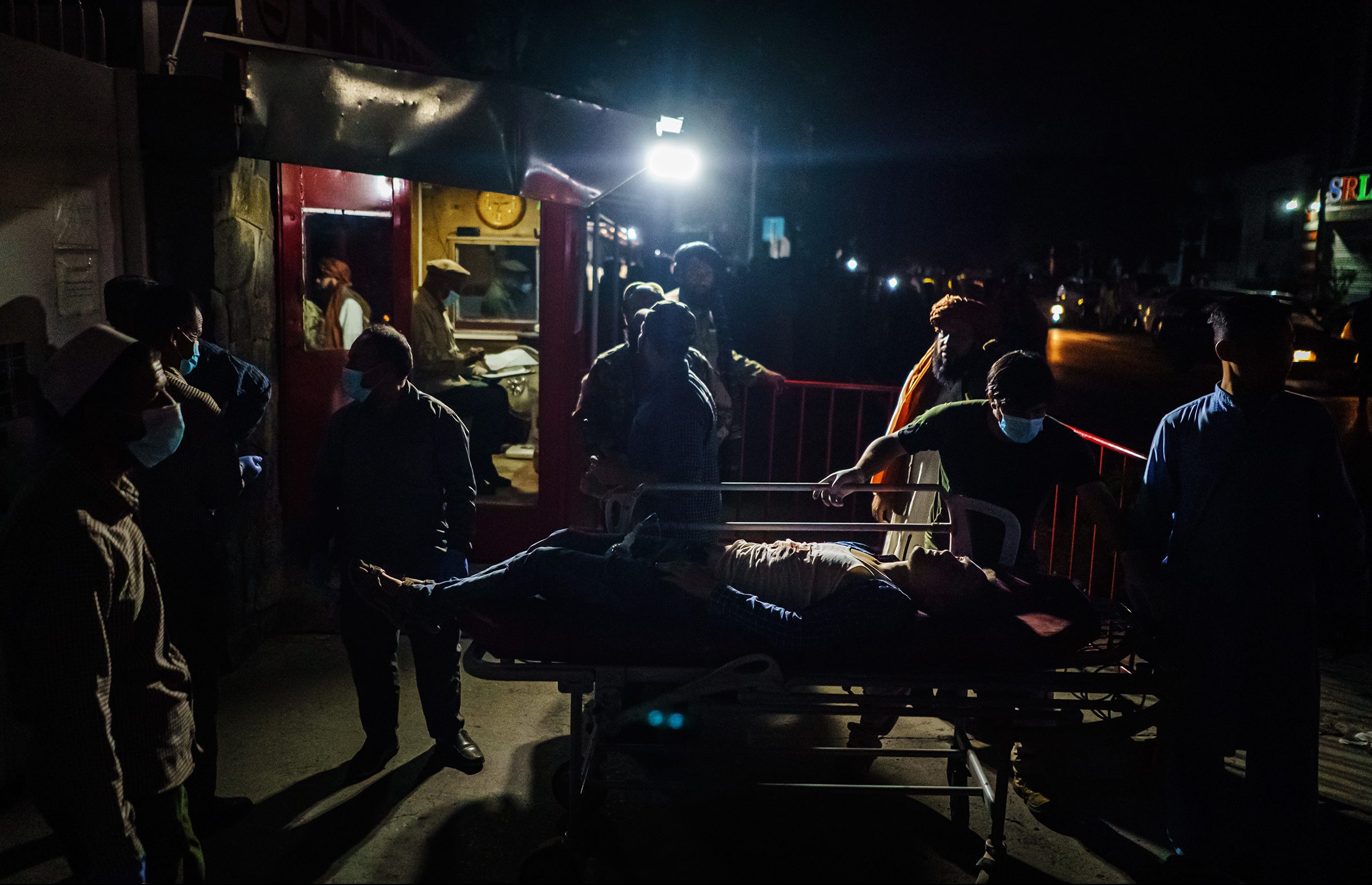
The longest war in US history has come to a close with scenes of violent chaos from Afghanistan. The deaths of US Marines and fleeing Afghans will give the 20th anniversary of the September 11 terrorist attacks an especially bitter edge. There are also daily reminders of just how much American domestic politics has changed. The partisan animosities that followed the disputed 2000 US presidential election are tame compared to what’s happened in the United States over the past five years. Warnings that withdrawal from Afghanistan will lead to “another 9/11” have now become standard political talking points.
As Americans mark this anniversary and cast a wary eye toward Afghanistan’s future, they should remember that what happens next for that country matters far more for many other countries than for the United States. China, Russia, Iran and others will gloat over the withdrawal mess and the US loss of credibility as an ally, but they now have much more immediate worries than Americans do.
Of course, the greatest tragedy is for Afghans themselves, especially those who don’t want the Taliban in power. Afghan girls and women, in particular, will lose hard-won opportunities for freedom. There will be more bloodshed as anti-Taliban tribal militias and ISIS variants compete for ground and influence, and many innocent people will be caught in the crossfire.
The US withdrawal and Taliban takeover will also pose serious problems for Afghanistan’s neighbors. Pakistan’s military and religious extremists are delighted to see Afghanistan in the hands of an organization they helped to create and have supported. Prime Minister Imran Khan says the US retreat “broke the shackles of slavery” for Afghans. But now that they’re in charge in Kabul, the Taliban are less dependent on Pakistan’s goodwill, particularly because they have more options for cash and other resources (see China, in particular) than they did before NATO arrived in 2001. In addition, Pakistan could soon face a refugee crisis as many Afghans flee the Taliban, while extremists within Pakistan could use the Taliban’s victory to boost their own cause. That could lead to terrorist attacks inside Pakistan that destabilize its government too.
The former Soviet neighbors are surely nervous. Vladimir Putin enjoyed the humiliating US retreat, particularly since he well remembers the lines of Soviet tanks leaving that country in 1989 and the impact they had on Soviet international standing. But instability in Afghanistan threatens Russia, which continues to list the Taliban as a terrorist group, with support for radical Islamic extremism, particularly in the South Caucasus. The governments of Central Asian states Uzbekistan and Tajikistan are right to fear a potential wave of refugees if anti-Taliban resistance continues to grow in Afghanistan’s north, and the presence inside that region of ethnic Uzbeks and Tajiks add more risks of political instability in Central Asia.
Iran is also happy to see the US government look inept, but the Taliban’s return poses trouble there too. NATO-occupied Afghanistan was a crucial source of dollars via cross-border spillover from Western aid. It will now become a source of refugees, drugs, and economic instability.
No country in the neighborhood has changed more over the past 20 years than China, which will now, for the first time, play an active role in trying to keep Afghanistan stable. Beijing needs to ensure that Afghanistan doesn’t become a haven for extremists angered by China’s persecuted Uyghur ethnic minority and a launchpad for terrorist attacks there or elsewhere in China. Beijing also fears a spillover of violence from Afghanistan into Central Asia, where China has invested heavily in President Xi Jinping’s ambitious “Belt and Road Initiative,” infrastructure projects designed to boost China’s economy and international influence.
Even Europe has more at stake than the US in Afghanistan. EU governments fear from Afghanistan a return to the migration and terrorism fears sparked by Syria’s civil war and unrest elsewhere in North Africa.
As Americans pause to reflect on all that’s changed inside their country and for the US role in the world over the past 20 years, understanding the limits of US interests in Afghanistan should play a role in how they think about the next 20 years. The greatest failure since 9/11 comes not from the inability to build democracy in Iraq and Afghanistan or to remake US relations with the Muslim world. It’s in the failure of our leaders—and the American people—to extend the unity that existed after the attack to help the United States build a more perfect union.
Two decades later, the greatest tragedy for the United States is the likelihood that another terrorist attack on US soil would further divide the country. A Gallup poll taken in the days after 9/11 gave George W. Bush a 90 percent approval rating as Americans united in support of their president and the ideal of consensus. It didn’t last, of course, but there was a brief moment when Americans were reminded of all they have in common. A generation later, the question we must answer is whether those days are gone for good.
More Must-Reads from TIME
- Inside Elon Musk’s War on Washington
- Meet the 2025 Women of the Year
- The Harsh Truth About Disability Inclusion
- Why Do More Young Adults Have Cancer?
- Colman Domingo Leads With Radical Love
- How to Get Better at Doing Things Alone
- Cecily Strong on Goober the Clown
- Column: The Rise of America’s Broligarchy
Contact us at letters@time.com